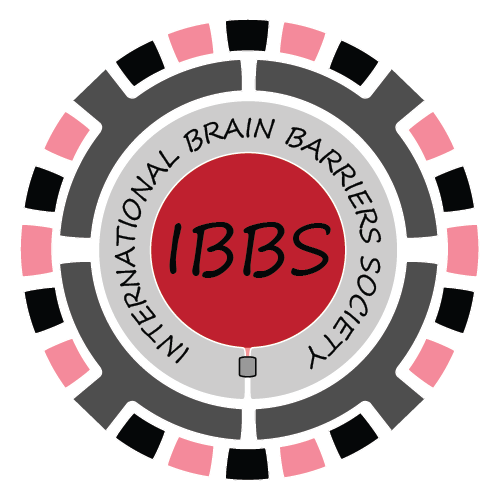The PhD project is embedded in an EU project that aims at providing more predictive and more ethical tools for addressing regulatory relevant questions and supporting implementation of the REACH and CLP regulations. It will furthermore provide approaches to reshape and align the overall strategy of testing and validation of New Approach Methodologies (NAMs) with future regulation (e.g., REACH 2.0) reducing the need of animal testing.
PHD THESIS “HUMAN BLOOD-BRAIN BARRIER IN VITRO MODELS FOR REGULATORY USE”
• Your work will contribute to increase the level of consumer and environmental safety
• You standardize blood-brain barrier in vitro models for toxicity assessment.
• You elucidate alterations in blood-brain barrier functionality after chemical treatments.
• You participate in inter-laboratory and transferability studies of several in vitro NAMs.
• You combine high-throughput screening methods and cutting-edge cell culture based on cell lines and human induced pluripotent stem cells (hiPSC) to evaluate multicellular models in different set-ups (spheroids, Transwells)
• You implement novel methods to study the relevance of the cellular microenvironment (incl. astrocytes, pericytes, neurons) on pharmacokinetics and toxicity outcomes.
• You study the transport of small molecules and nanoparticles in 2D and 3D in vitro models.
• You unravel changes at the blood-brain barrier in vitro, discover biomarkers and develop novel multi-target omics-methods to measure these biomarkers.
• You will learn how to evaluate the results and prepare them for further studies.
• You support and supervise master’s students in the lab, write conference contributions and publish results in leading scientific journals
• You are integrated in an interdisciplinary team evaluating in silico/in vitro/in vivo correlations.
• You will gain experience in a group of international scientists and build up your professional network.
Your qualifications as an Ingenious Partner:
• MSc. in life sciences, e.g., molecular biology, molecular medicine, biotechnology, neurosciences, pharmaceutical sciences, or a related field
• Experimental skills in cell culture (preferentially endothelial, epithelial, hiPS cells, fibroblasts), protein chemistry and molecular biology
• Strong sense for responsibility and team spirit
• Excellent communication skills in English
Details:
• Duration of the PhD project: 3 years
• Start date: ideally 1.3.2024 – However, there is some flexibility concerning the start-date
Please submit your documents including your CV, cover letter (ideally one, max. two pages, including a brief introduction of yourself, an explanation how your previous studies and experience have prepared you for this PhD position, and a motivation why you are interested in this specific position) and your certificates (Transcript of records) online: https://jobs.ait.ac.at/Job/222005
Optionally add full contact data of relevant references (we will not contact references without your consent).
For further information please contact: Prof. Dr. Winfried Neuhaus,




